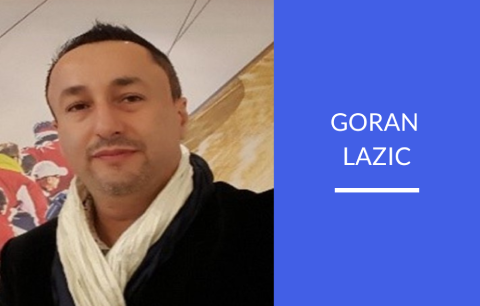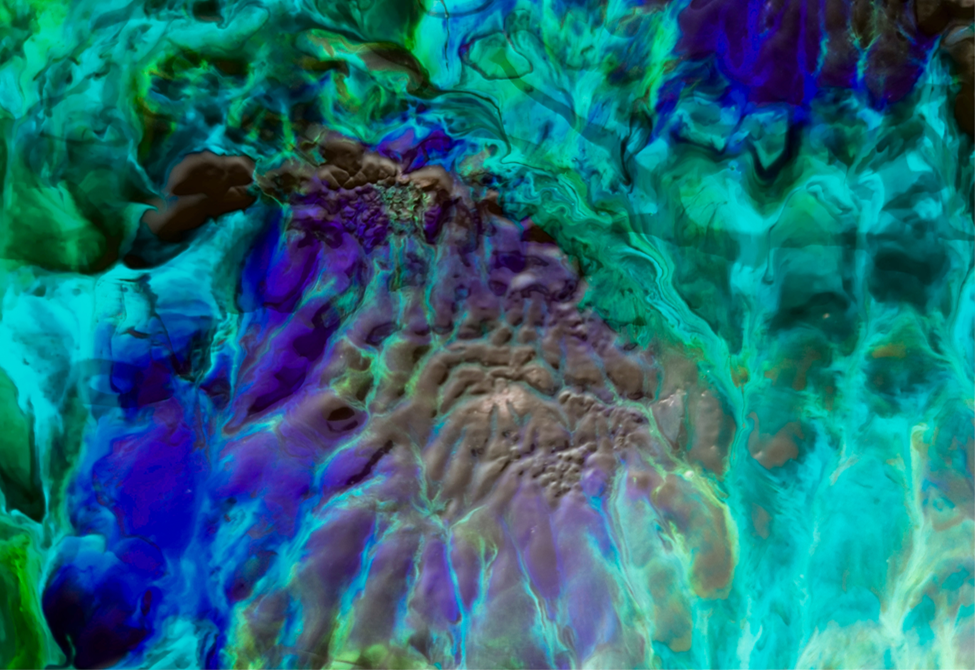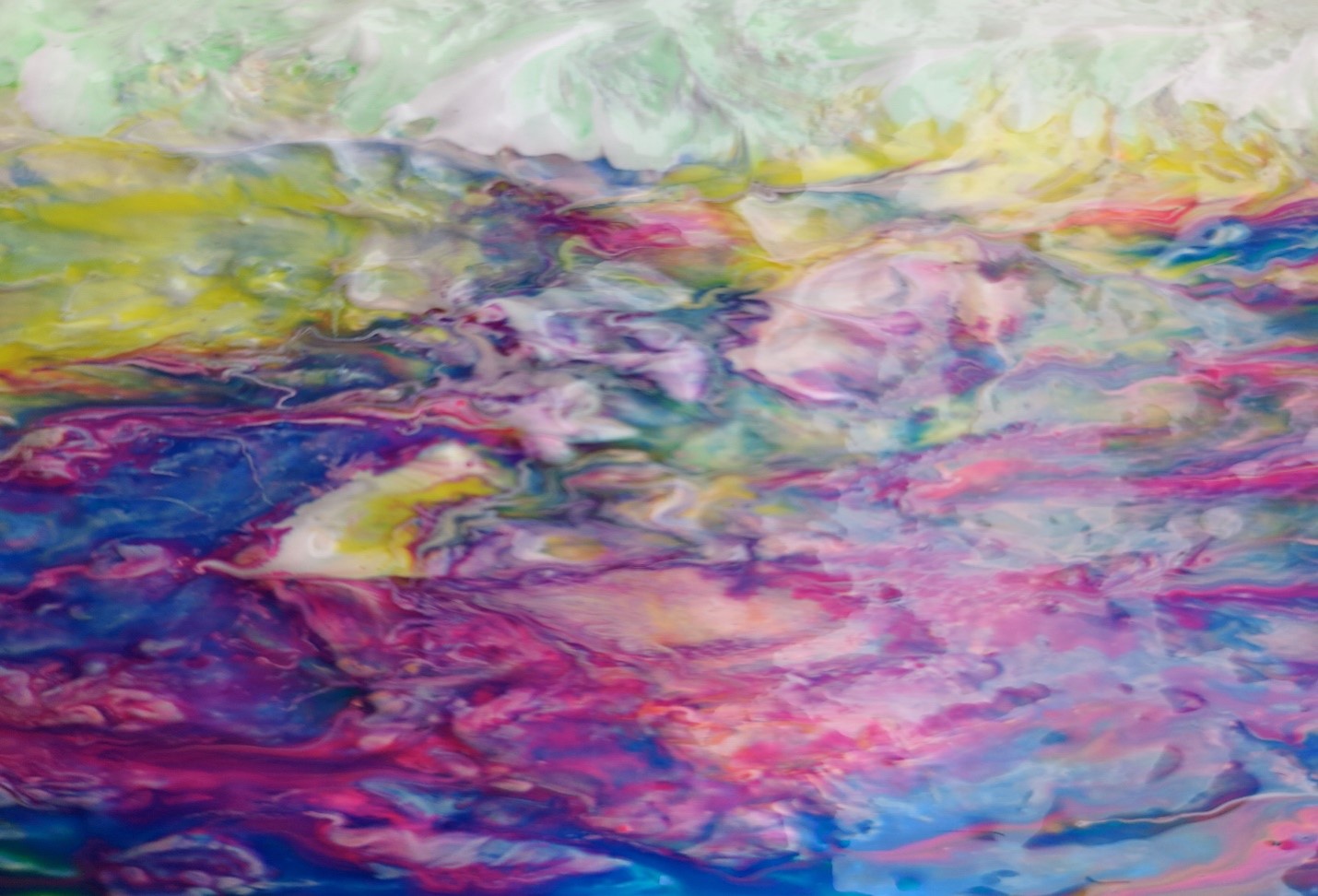EUVP Visit Story – Goran Lazic
 My name is Goran Lazic and since November 2008, I have been actively involved in development, monitoring and promotion of the Tempus and Erasmus+ programmes in capacity of Project Officer within Erasmus+ Office based in Mitrovica North. I explored additionally EU educational and research programes within my Master and PhD thesis and scientific articles.
My name is Goran Lazic and since November 2008, I have been actively involved in development, monitoring and promotion of the Tempus and Erasmus+ programmes in capacity of Project Officer within Erasmus+ Office based in Mitrovica North. I explored additionally EU educational and research programes within my Master and PhD thesis and scientific articles.
From December 13th to 18th 2010, I had the privilege of participating in the five-day European Union Visitors Programme (EUVP). During this visit, I spent three working days in Brussels, where I had the opportunity to meet with staff from EU institutions and Belgian political authorities. Additionally, I was invited to attend a Plenary Session of the European Parliament in Strasbourg for two days.
Participating in the EUVP provided me with an exceptional opportunity to expand my knowledge of the European Union, its institutions, and their day-to-day functioning. The program aims to enable young leaders from non-member countries to visit EU institutions as guests of the European Parliament and the European Commission.
In Brussels, my visit began with a program discussion with members of the EUVP Secretariat, where they explained the final details of my itinerary. On my first day in Brussels, December 13th, 2010, I had the privilege of meeting an Administrator from the Unit for External Relations of the European Economic and Social Committee for Western Balkan/Turkey, as well as the Head of the Media, Enterprise, and Civil Society Unit of the European Ombudsman Office. I also had the pleasure of meeting other participants in the EUVP, including a Member of Parliament from the Republic of Sri Lanka and a Senior Research Fellow from the National Institute of Science and Technology Policy (NISTEP) within the Ministry of Education, Culture, Sports, Science, and Technology (MEXT) of Japan.
In Strasbourg on December 14th and 15th, 2010, I attended various meetings in the European Parliament and the European Court of Human Rights, where I had the opportunity to meet the Head of EUVP and other EU representatives.
Upon returning to Brussels on December 16th and 17th, 2010, I met with the Head of the Unit for Visits at the Committee of the Regions, the International Policy Coordinator in the Unit for International Cooperation and Programs in the Directorate - General for Education and Culture of the European Commission, a Member of the House of Representatives, the Principal Adviser in the Legal Department of the Belgian Federal Parliament, the Deputy Head of the European Parliament Brussels Information Office, and other EU officials.
Throughout the visit to EU institutions in Brussels and Strasbourg, a wide range of important issues were discussed, including constitutional design, the role of EU institutions, the European Court of Justice, the European Central Bank, EU common policies, the EU enlargement strategy, the economy of the Union, and cooperation between EU institutions and NGOs.
This visit provided me with a deeper understanding of the European Union's future, its institutions, and its decision-making processes. It also allowed me to engage in fruitful discussions with EU representatives on mutual concerns regarding the development of EU educational programs.
I would like to express my gratitude to all those who supported this visit and to the EU officials who took the time to discuss various EU policy issues with me.
Participating in the EUVP was an incredibly beneficial, enjoyable, and pleasant experience.
In my free time, I wholeheartedly engage in abstract painting, exploring a wide range of techniques within the captivating realm of digital print. Through my artistic endeavors, I aim to underscore the significance of art during times of crisis, both present and future. Art serves as a powerful tool for initiating healing processes, fostering mental well-being, and effectively coping with the stress and anxiety that arise from an unpredictable future. I firmly believe that art has the capacity to diminish social conflicts and alleviate distress, while also providing solace for those grappling with anxiety, depression, and various other mental and emotional challenges.









